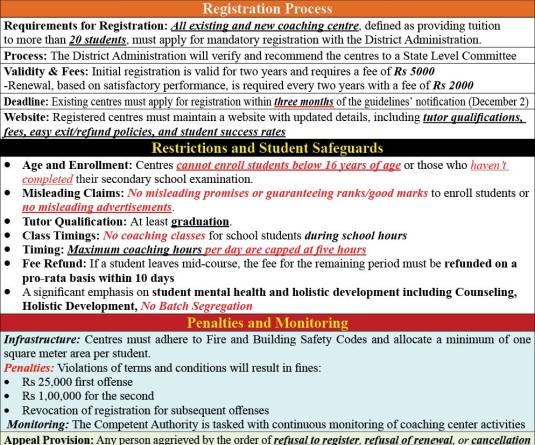
Our Correspondent
Kohima | September 25
HIV/AIDS is treatable, yet still without a cure, a multi-prolonged prevention and control effort remains the key option. Even after several decades, HIV/AIDS remains a challenge to many in Naga Society.
A one-day Advocacy workshop for non-HIV NGOs and civil societies, jointly organized by Nagaland State AIDS Control Society and KRIPA foundation was held today here at Hotel Japfu. In an introductory note, Chairman, Kripa Foundation, Dr. P. Ngully stated that we should be responsive to this epidemic as there is no reverse. Commenting on the ‘virus’ as very clever, Ngully opined “to save our people we should get committed and involved.” “Drug Addicts/ alcoholics are often discarded, but in reality, they are the one who can give best example to the people and contribute the most to the society,” said Ngully.
Programme manager, KRIPA Foundation Neitho, highlighted the state statistics (record till July 2010). He calculated 80% of HIV infected that occurs through sexual route while 20% occurs through infected blood. Altogether there are 3680 AIDS cases reported as per NSACS record.
Ketho, DPO, NARO (NACO) delivered on substance and HIV, where he noted that experimental triggered by curiosity among peer groups are most influential getting into the darker side for the adults. Alleging ‘Cough Syrup’ mostly used by adults, Ketho said “Primary prevention acts a vital role before going into darker stage of life especially for the adults.” Care, support and treatment are fundamental elements of an effective response, where the state should make every effort to provide the highest attainable standard of acre and treatment, stated Director, Kekhrie foundation, Bazo.
Stigma and discrimination attached to HIV/AIDS makes the affected suffer from indignity and discrimination which cannot be justified on any account. Recognizing that stigma and discrimination remain a major factor issue for HIV/AIDS, Naro, Coordinator, People living with HIV/AIDS (PHLA), NSACS urged the necessary measures to be taken by the state, to disseminate correct and factual information on the routes of transmission and prevention and service available, to ensure HIV infected to give full right to participate in the community activities and to employment in both public and private sectors. The programme was attended by civil societies from across the state.





